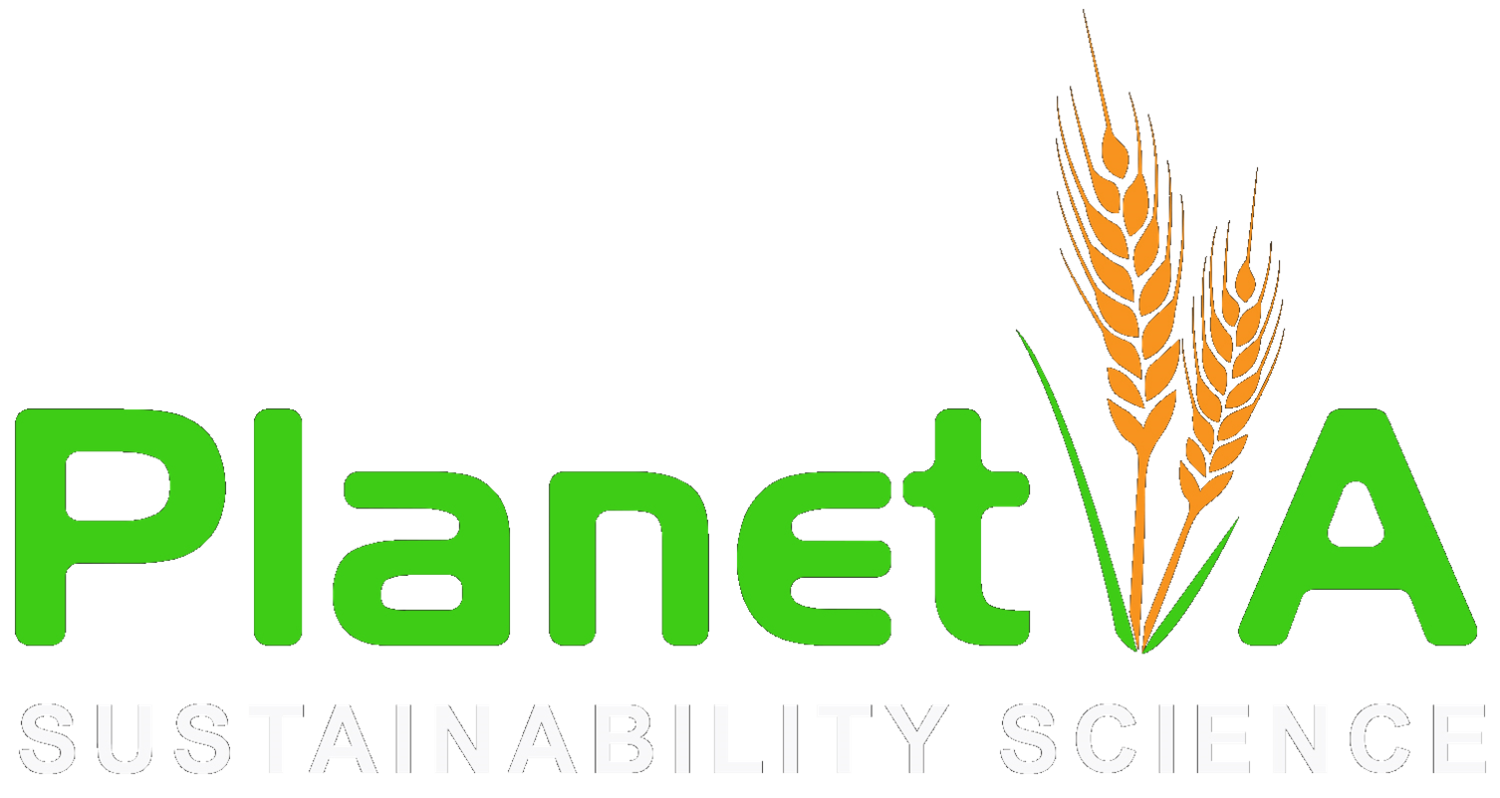Luca Peters
He/Him
English, Dutch, French, German
PhD student
I am a food systems researcher pursuing my PhD at Deakin University in collaboration with the Land Use Futures program at the Climateworks Centre, focusing on sustainable land use and the transition to alternative proteins.
With a Master’s in International Land and Water Management from Wageningen University, I have a strong foundation in analyzing land and water challenges through a holistic lens, integrating physical, technical, socio-economic, and political dimensions.
Over the past seven years, I have worked on diverse projects in water management, sustainable agriculture, and climate change mitigation. As a research consultant for Farm Transitions Australia, I analyzed the environmental and socio-economic impacts of the Australian dairy sector and the role of alternative proteins in reshaping its future. My work with the World Preservation Foundation provided insights into soil carbon sequestration and livestock methane emissions, while my role at the SQNNSW Drought Innovation Hub involved stakeholder engagement and research on drought resilience in livestock farming. My experience at PRACTICA Foundation further strengthened my expertise in irrigation and water management in low-income settings. I have collaborated with ministries, multilateral organizations, NGOs, research institutions, and the private sector across 15 countries.
During the past two years, I have deepened my understanding of the central role of food systems in the interconnected climate change, biodiversity loss and public health crises. One of the most critical things I learned is that land use plays a crucial role in climate change mitigation, with the potential to act as either a carbon source or a sink. Through my PhD, I am eager to further develop my quantitative skills by learning land use modeling and conducting life cycle assessments (LCA) of alternative protein sources. I am committed to making significant contributions to the fields of alternative proteins, land use, and sustainable food systems.























